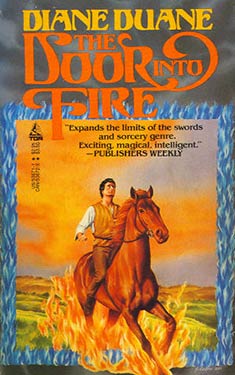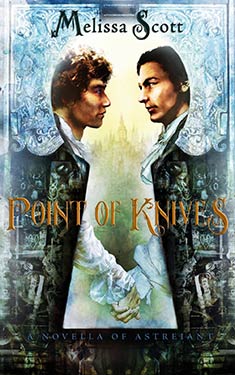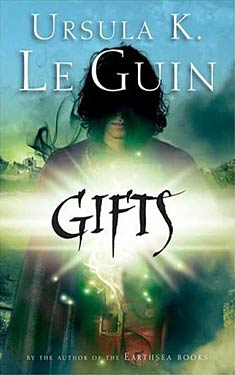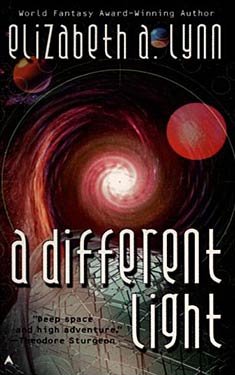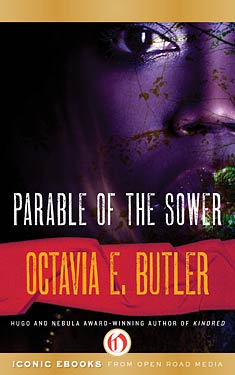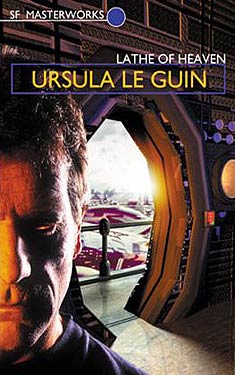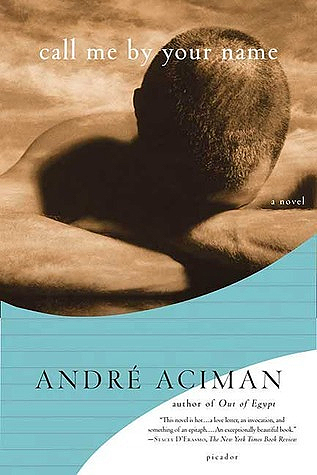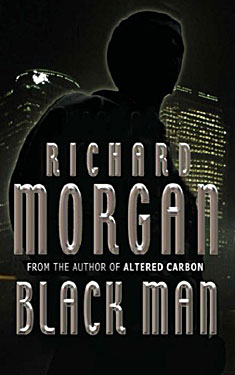Richard Bowes
Completed 4/28/2018, Reviewed 4/28/2018
3 stars
This book started out as a novella which won the World
Fantasy Award in 1998. Bowes expanded it
into a full novel and it won the Lambda Literary Award for SF/Fantasy/Horror in
2000. It’s sort of an urban fantasy
about a man with a shadow self or doppelganger. It was a strange story. I felt like the author couldn’t make up his
mind on whether the doppelganger was real or imaginary. At times nobody saw it; other times people
would report to Kevin, the main character, that they thought they had seen him
somewhere where Kevin wasn’t. Other
times people saw the two of them together.
It was very confusing, and although I have a good suspension of
disbelief, I couldn’t tell what was real outside of Kevin’s frame of reference
and what wasn’t. Maybe that was the
point.
The basic plot is that Kevin grows up in ‘50s with an
alcoholic mother in an extended Irish family in Boston. She has a shadow. He can tell the difference between his real
mother and the shadow. His grandfather
had this ‘gift’ and it turns out, so does Kevin. He starts abusing drugs and alcohol. He sells his body to lecherous men at the
YMCA for money to fuel his addictions.
Eventually he goes to New York where his lifestyle nearly gets him
killed a few times. The theme of the
story is can Kevin’s real self and shadow self ever become reconciled.
The book is basically very good. It is really well written, that is, the prose
is very readable and fluid. It begins in
the book’s present, with Kevin in his fifties.
He hears that his doppelganger has been spotted again and he realizes
that it’s time to have showdown with it.
As he approaches the meeting, he reflects back on his life and his
relationship with his shadow. It begins
when he is a youth, progresses through his teen years, college, and eventually
adulthood in New York City. Of course,
his youth and teen years are troubled.
College isn’t too bad. He even
lands a job and a cheap apartment in NY.
But drugs and alcohol rule his life and always ruin a good thing. He continues to be a victim, especially
sexually. Then he meets a man who works
with addicts and brings him to sobriety. However, his shadow is still out there
living fast and hard.
That’s where I faltered with the premise. I understood the concept of the doppelganger
when he was drinking and using. There
were times the shadow saved him from potentially deadly situations. However, the shadow was like a real person in
that it was living out there on the streets while Kevin was sober as well. I didn’t make sense to me. And I even understand, being in recovery
myself, that even when you’re sober, your disease is still out there waiting
for a chance to jump back in if you’re not always working on your
sobriety. Still it had to do with the
reality of the shadow, not the concept of the active disease of addiction. To keep
from being totally frustrated, I had to suspend not just disbelief, but logic
as well. Usually, fantasy worlds have
their own internal logic. But this didn’t
seem to have any internal logic. It was
like Schrodinger’s shadow: it both existed
and didn’t exist at the same time. Once
I could accept that, I was able enjoy the book.
If I were a half star reviewer, I’d give the book three and half
stars. Technically, it’s very good. Good writing, good plot, good premise, good
characters. But the details of the reality
of the shadow keep it from being four stars.
So being a whole star guy, I give the book three stars.

